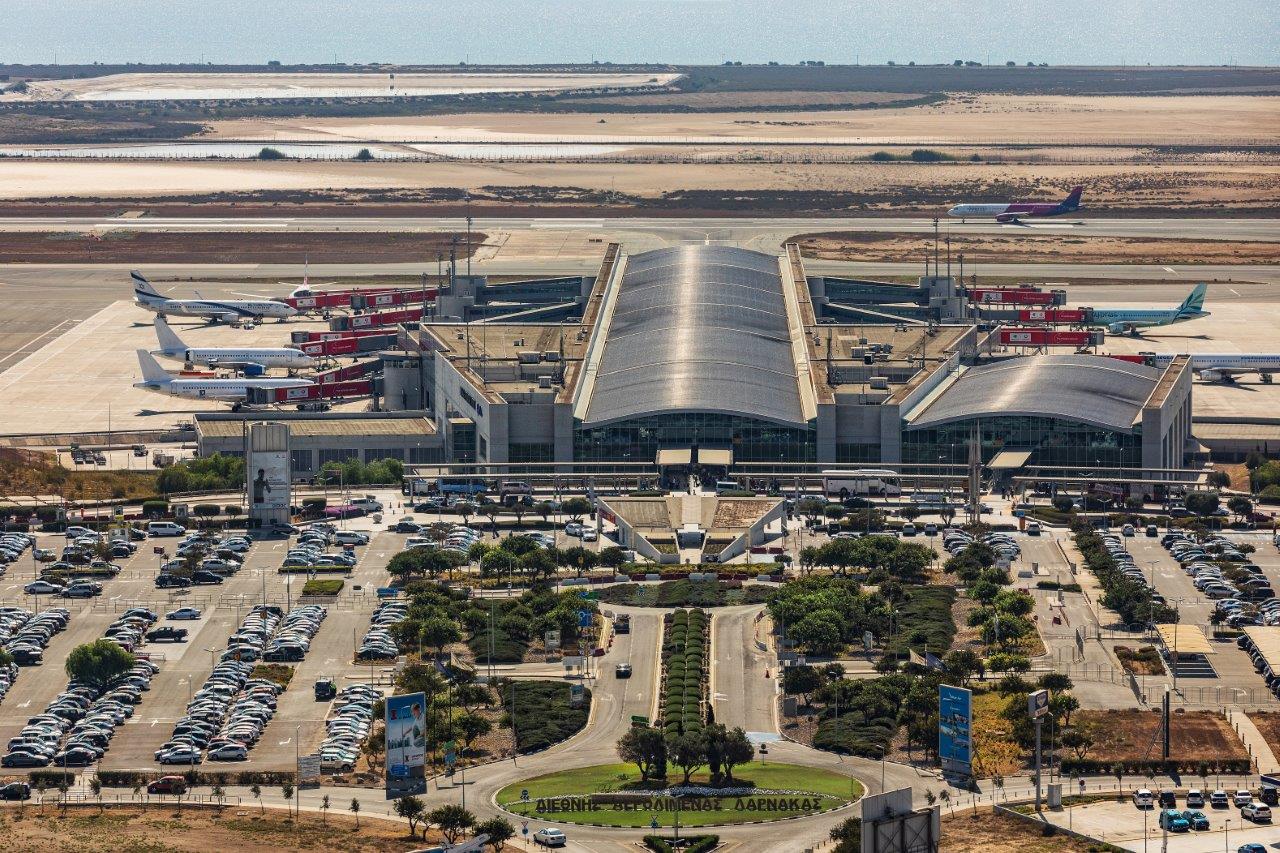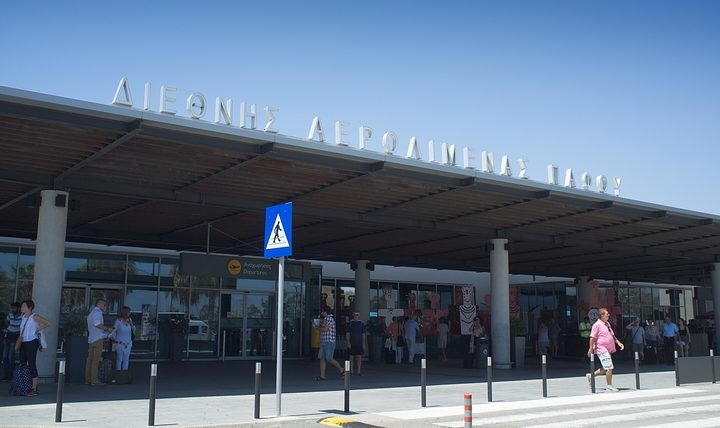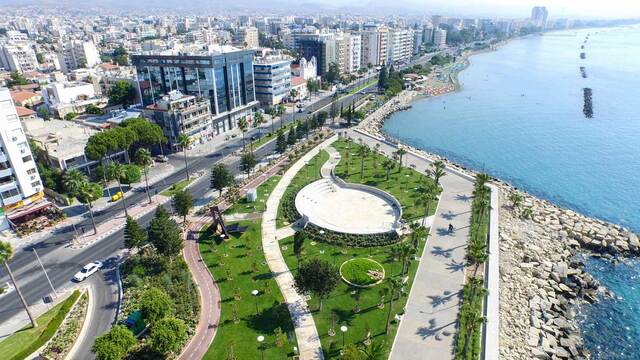Business leaders warn the island’s tourism will suffer collateral damage from a quarrel between the government and Cyprus airports operator Hermes over expansion work.
The row intensified with the Auditor General’s intervention, hinting that the government was rewarding the airports operators with an extension of the concession agreement while the latter has not fulfilled its contractual obligations.
As a result, the government has decided to discontinue an incentive scheme supporting airlines to keep Cyprus on their schedule through the COVID pandemic and the impact of the war in Ukraine.
The General Secretary of the Cyprus Chamber of Commerce, Marios Tsiakkis, told state radio CyBC that “authorities should rethink the matter, address any issues without blowing everything up in the air”.
Akis Vavlitis, president of the Association of Tourism Enterprises (ACTE), said that with the abrupt stoppage of the incentive program to support air traffic, “our credibility as a destination has been lost”.
He referred to risks to tourism and the economy and called the government to restart the incentive scheme.
The scheme saw airlines receive compensation if their aircrafts arrived at the island’s airports with less than 60% capacity.
Confrontation
The confrontation was further ignited by criticism from Auditor General Odysseas Michaelides, who filed a special report on the concession agreement.
The two parties were in talks for a five-year extension to a concession agreement signed in 2006, foreseeing that Hermes would operate the airports until 2031.
According to comments made by Michaelides to the House Finance Committee, the parties struck up a draft agreement regarding the extension by 5.5 years, while the company has yet to fulfil its initial obligations.
The draft agreement would extend the concession to November 2036. In exchange, Hermes would waive any claims for compensation for financial losses sustained during the pandemic – when the government closed airports to commercial traffic for several months — and the fallout from EU sanctions on Russia.
However, as noted by the Auditor General, Hermes had yet to commit to undertaking expansion works on the two airports.
The project, costing €250 mln, should have gotten underway between 2017 and 2018.
Michaelides argued that the initial contract between the government and Hermes stipulated that the former could terminate the deal if the work was not carried out on time.
He further cited the decision of an arbitrary body ruling over the dispute, which had said that Hermes did not have the right to pull out of its expansion obligations.
Reportedly, Hermes is also requesting €150 mln in compensation for not being able to use the airspace over the Turkish-occupied north and fly through Turkish FIR.
The two sides were, until this week, in negotiations with all matters being interrelated.
In an unprecedented move, the transport and finance ministries issued a joint statement announcing they would terminate negotiations about expansion work with Hermes, citing the “toxic climate” shaped by the election campaign.
The move is perceived to ignore the serious implications for the economy, affecting incomes and jobs.
In comments to Phileleftheros daily, the permanent secretary of the Finance Ministry, George Panteli, acknowledged that the country’s connectivity might be affected by stopping the incentive scheme.
As he conceded, this may bring a reduction in passengers and routes from some countries.










